

This article covers six interesting facts about artificial intelligence (AI). First, it discusses the origins of AI in 1936 with British mathematician Alan Turing. Next, it discusses the 1997 defeat of world chess champion Garry Kasparov by IBM's Deep Blue computer. Third, it describes how neural networks function. Fourth, it explains machine learning. Fifth, it outlines natural language processing. Finally, it goes over robotics.
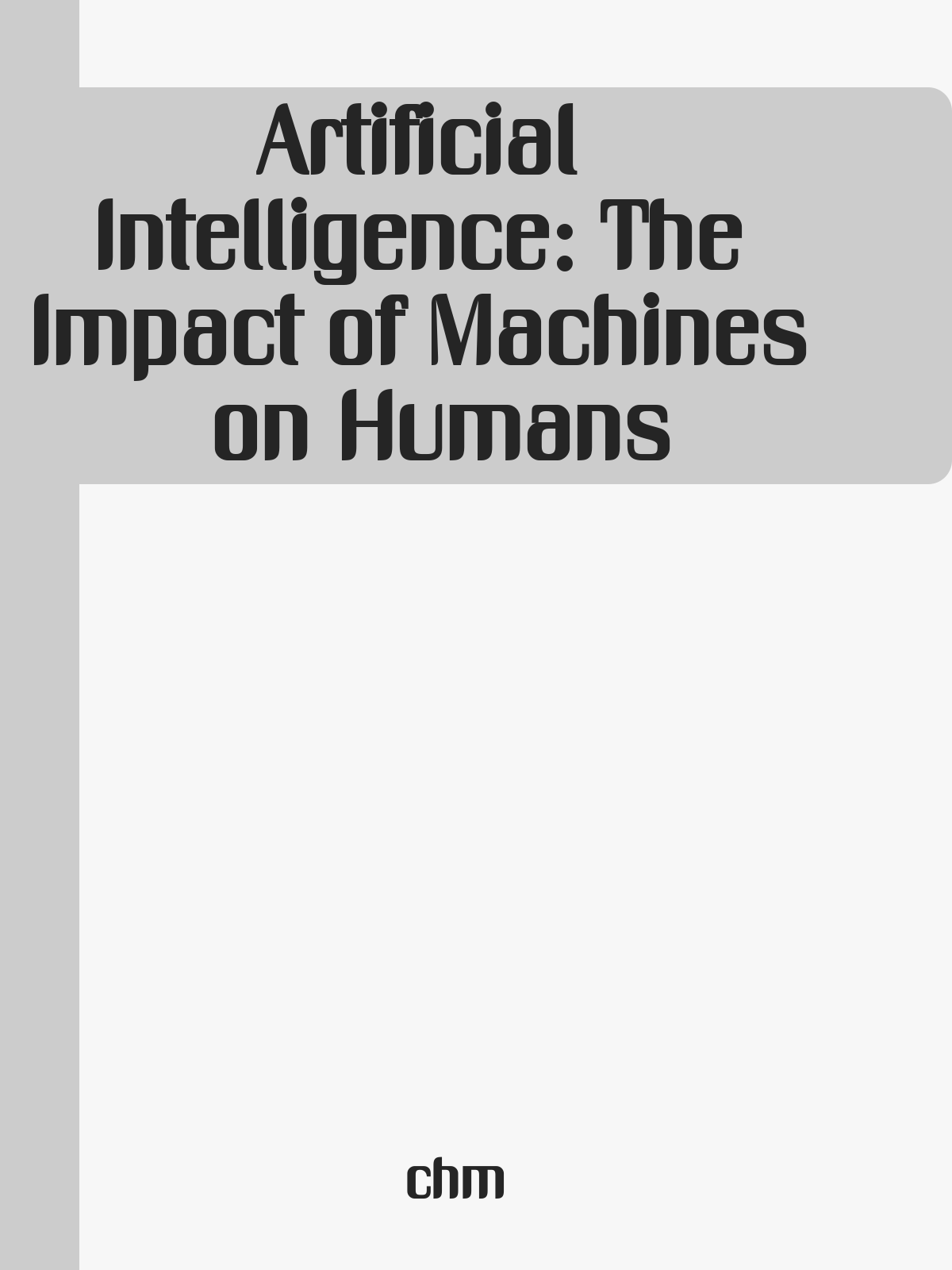
Artificial intelligence is becoming increasingly sophisticated and is starting to outpace humans in some cognitive tasks. In the future, AI could lead to a 'singularity' where machines surpass human intelligence. This would have a profound impact on all aspects of society.

Jupiter is the fifth planet from the Sun and the largest planet in the Solar System. It is a gas giant with a mass one-thousandth that of the Sun, but two -and-a-half times that of the other planets in the Solar System combined. Jupiter has the shortest day of any planet, with a day lasting only 10 hours.
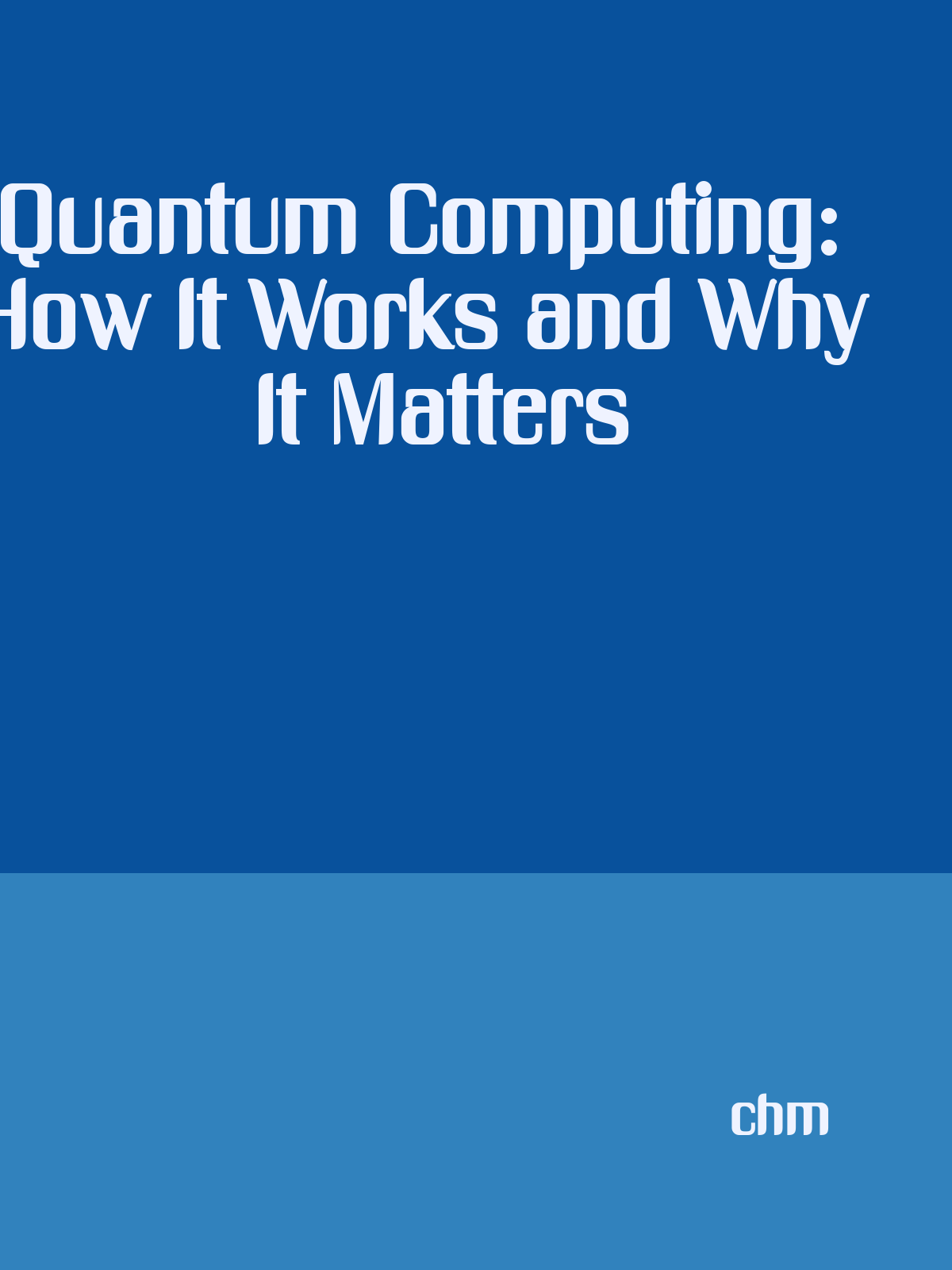
Quantum computers are a new type of computer that use the principles of quantum mechanics to perform calculations. Quantum computers are able to store and process information using quantum bits, or qubits. This allows them to solve certain problems much faster than classical computers. Even though quantum computers are still in the early stages of development, there is a race to develop the first working quantum computer.
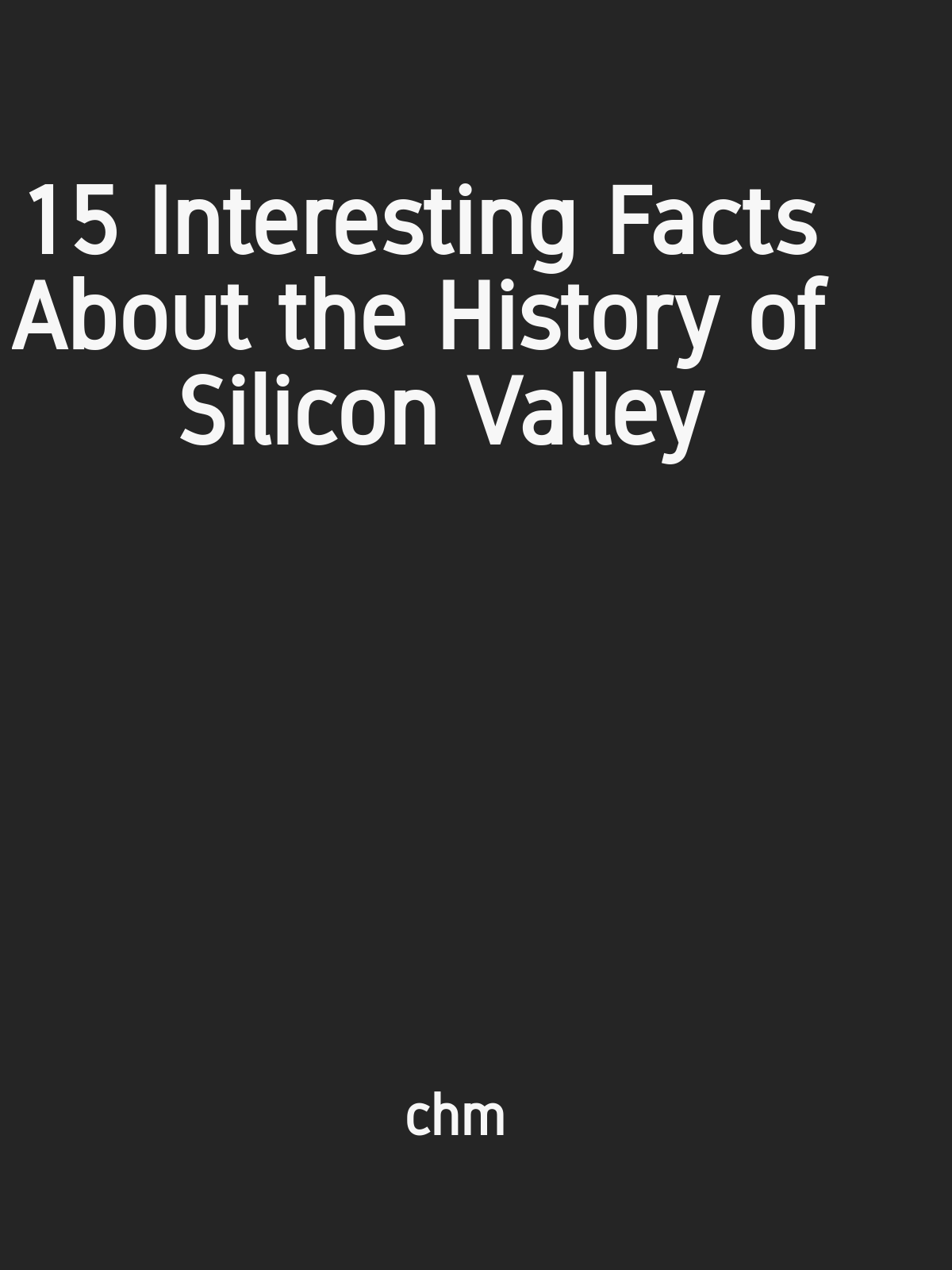
The article discusses 15 interesting facts about the history of Silicon Valley. These include the early days when there were no streets or sidewalks, the invention of the microprocessor and the first personal computer, and the founding of the first microcomputer company.
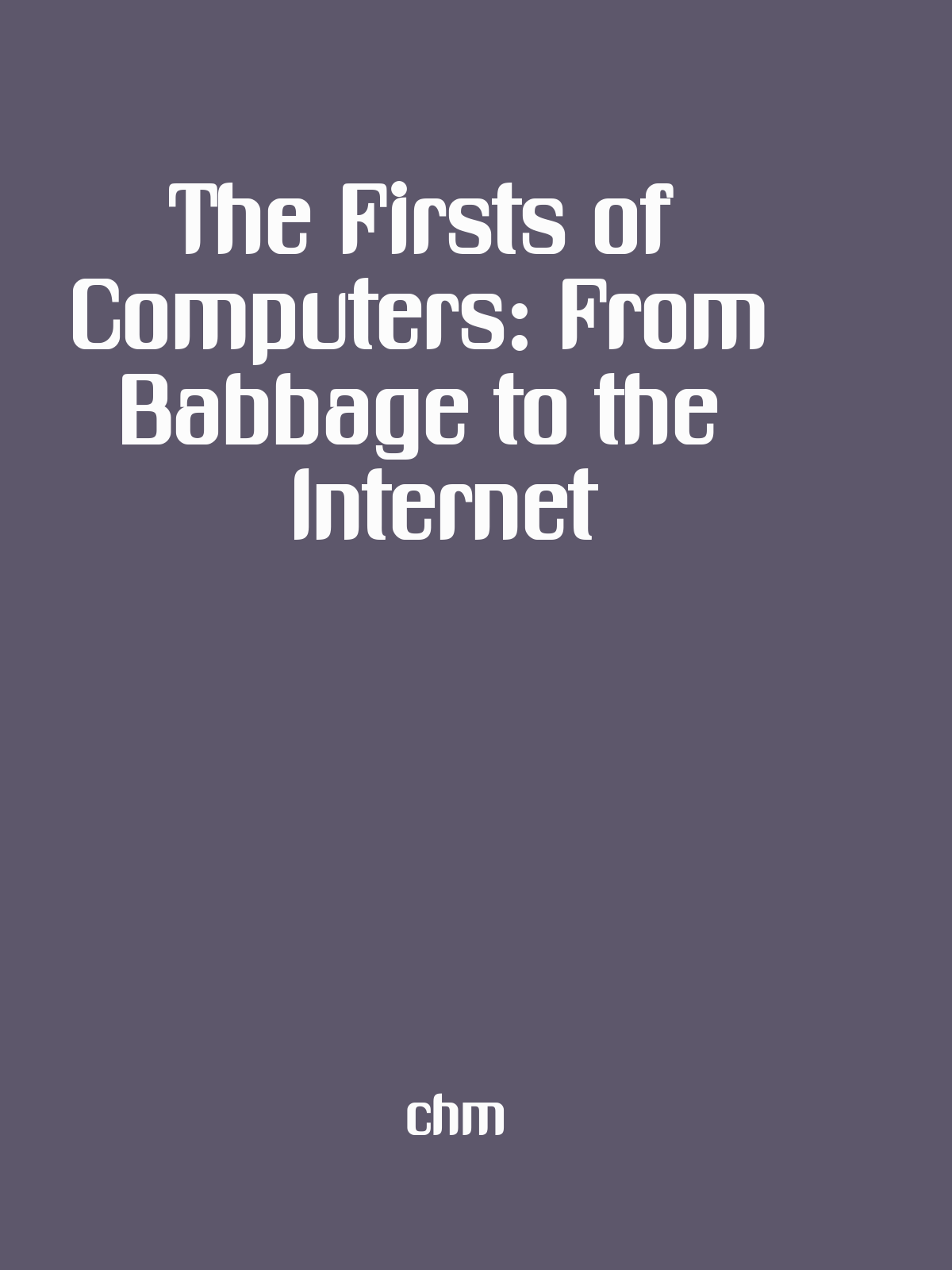
The article covers the history of computers, starting with the first one created by Charles Babbage in 1876. It then goes on to discuss the first hard drive (invented by IBM in 1956), the first video game (created by Willy Higinbotham in 1958), the first personal computer (created by MITS in 1975), the first website (created by Tim Berners -Lee in 1991), and the first online search engine (created by Sergey Brin and Larry Page in 1993).
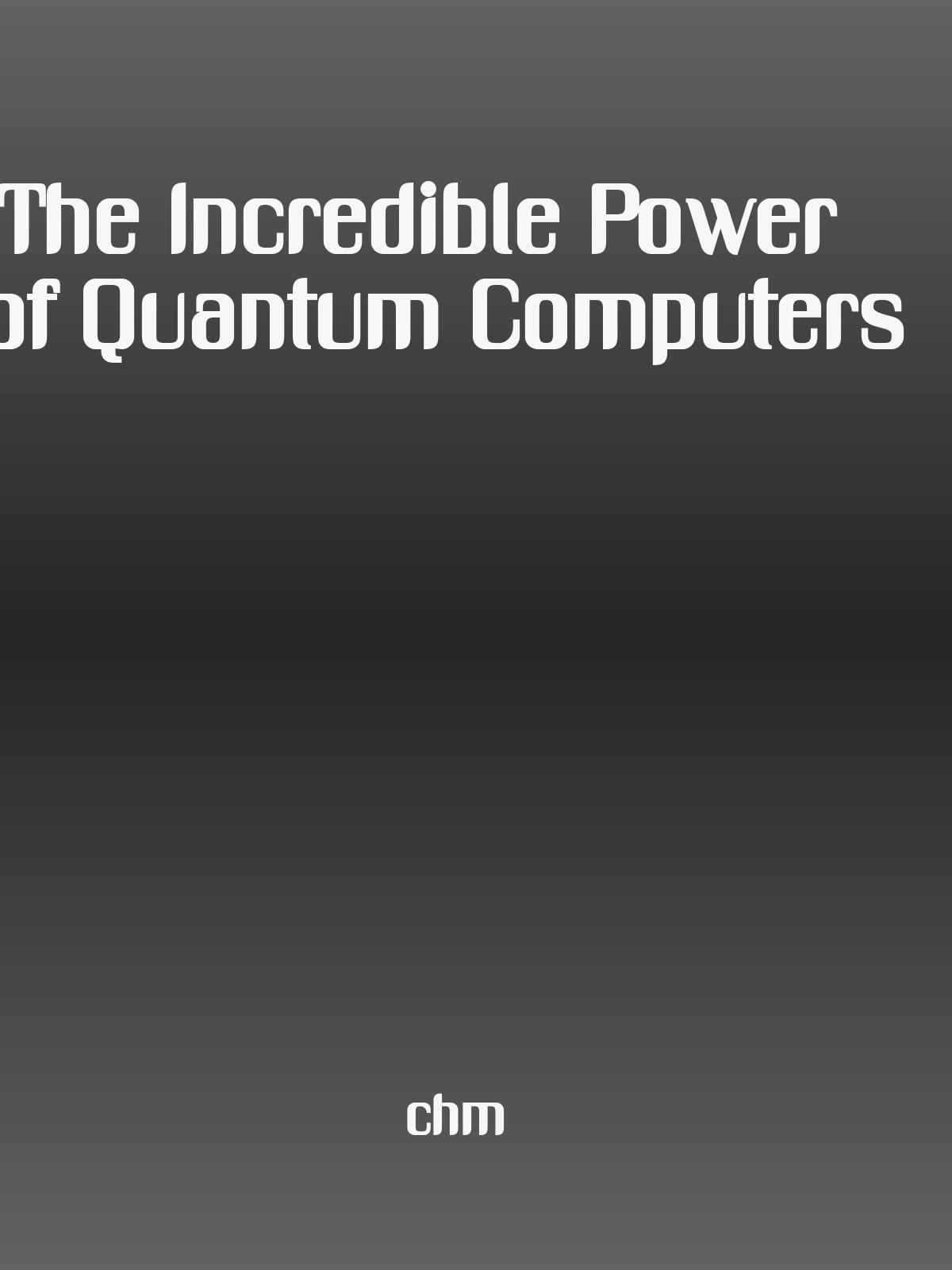
Quantum computers are incredibly powerful, and can solve certain problems much faster than traditional computers. They are still in their infancy, but have great potential to revolutionize computing as we know it.
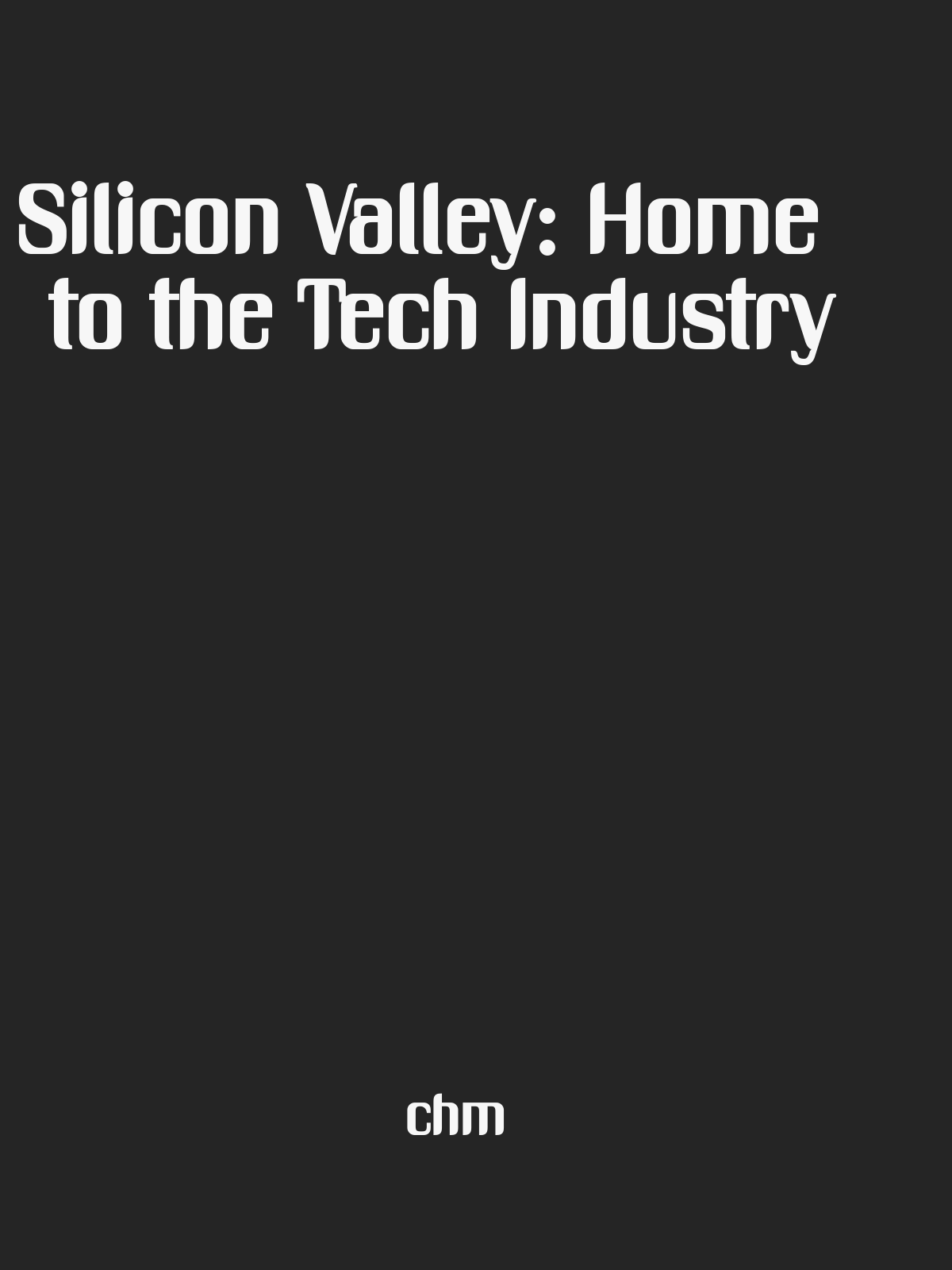
Silicon Valley is a renowned tech hub, housing over 7,000 tech companies. The area gets its name from the Latin word for "flint," silicon being a key ingredient in transistor manufacturing. births many industry-changing inventions, such as the first microprocessor in 1971. The first Apple computer was also built in a garage in Silicon Valley, marking the beginning of the personal computer era .